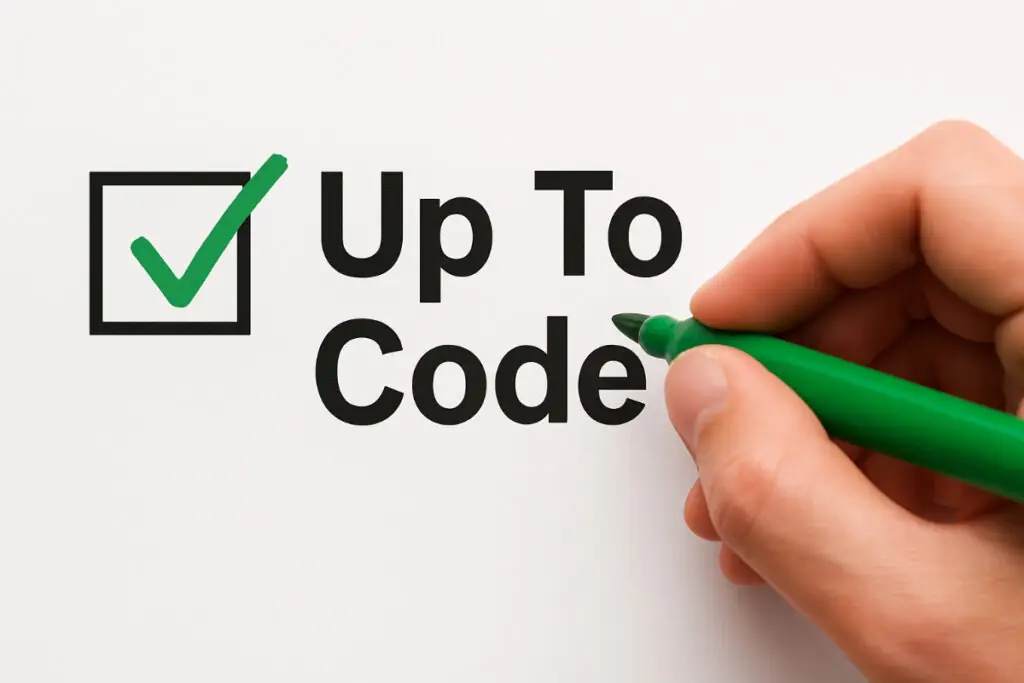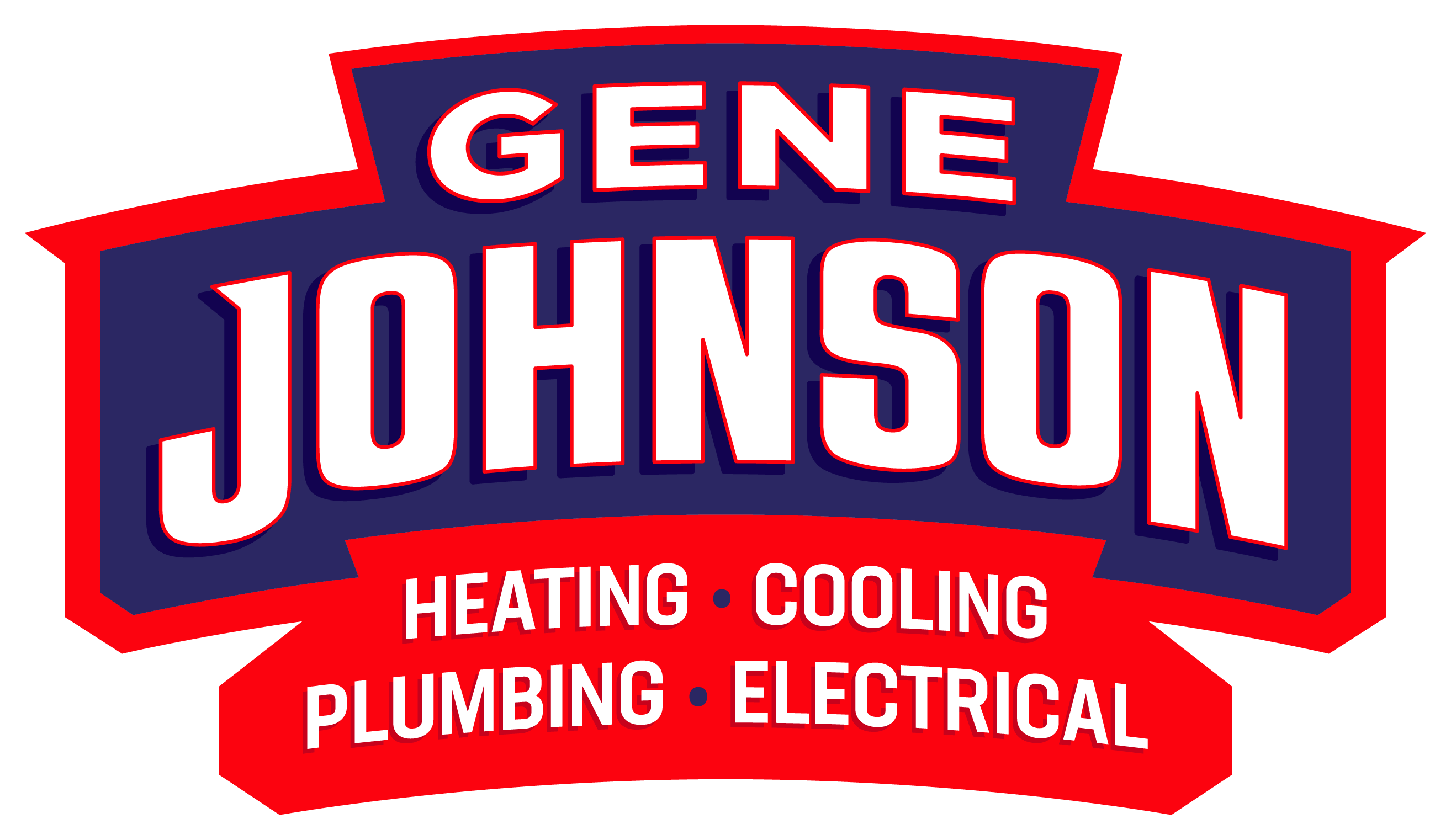Seattle is a city that’s always thinking ahead, especially when it comes to safety, sustainability, and protecting our environment. Plumbing codes may not be the most glamorous topic at first glance, but they play a huge role in how our homes and businesses operate day to day.

As we step into 2025, several updates to Seattle plumbing codes are rolling out, and they affect everything from water efficiency to safety requirements. Homeowners, contractors, and even renters can benefit from understanding these changes. Let’s walk through what’s new and how it might impact your home.
Focus on Water Conservation
Seattle has long been a leader in water conservation, and the 2025 updates continue that trend. The new codes encourage homeowners and builders to use plumbing fixtures that conserve more water without sacrificing performance.
Here are some highlights:
- Low-flow toilets and faucets are now the default standard for most residential and commercial installations.
- Showerheads must meet stricter efficiency ratings, designed to reduce water waste without leaving you with a weak shower.
- Greywater systems are more clearly defined in the code, making it easier for homeowners to reuse water from sinks, laundry, and showers for irrigation.
By adopting these measures, Seattle aims to lower its overall water use and reduce the strain on its infrastructure. It’s good news for both the environment and your utility bill.
Updated Safety Requirements for Water Heaters
Another big focus for 2025 is safety, especially when it comes to hot water systems. The new codes address both installation practices and safety features to better protect homeowners.
Key changes include:
- Water heaters must now be installed with updated seismic strapping requirements to reflect Seattle’s earthquake risk.
- Expansion tanks are required in more installations to prevent excess pressure in plumbing systems.
- Temperature controls must be set to safer defaults, reducing the risk of accidental scalding.
These updates are particularly important for older homes in the Seattle Metropolitan area, where water heating systems may not have been updated in decades.
Stricter Rules on Drainage and Stormwater Management
Seattle sees plenty of rain, and the city’s stormwater system is under constant pressure. In 2025, plumbing codes place stronger emphasis on managing rainwater and preventing backflow.
What’s new:
- Outdoor drains and storm systems must be sized and installed to handle heavier rainfall events.
- Backwater prevention devices are now required in more homes, particularly those at risk of flooding.
- Builders must consider permeable surfaces and on-site water management to reduce runoff into city systems.
These updates are designed to keep neighborhoods safer during big storms while also protecting Puget Sound from polluted runoff.
Expanded Guidelines for Eco-Friendly Plumbing
Seattle is pushing hard toward sustainability, and the plumbing codes reflect that shift. Homeowners and contractors now have clearer pathways for incorporating green technology.
Some examples include:
- Rainwater harvesting systems are now formally recognized, with code-based guidelines for safe installation.
- Greywater reuse systems (for irrigation and flushing toilets) have simplified approval processes.
- High-efficiency pumps and circulation systems are being promoted to reduce energy waste in hot water delivery.
These changes mean that if you’ve been considering an eco-friendly upgrade, you’ll now have an easier time getting it permitted and approved.
Licensing and Installation Oversight
The new plumbing codes also expand oversight of who can perform certain plumbing work. The intent is to ensure installations are done correctly and safely.
Key updates include:
- Certain jobs that used to fall into the “DIY” category now require licensed plumbers.
- Inspections will be more stringent for projects involving gas lines, backflow prevention devices, and slab leak repairs.
- Contractors must now provide clearer documentation of compliance with updated code requirements.
For homeowners, this means greater peace of mind that the work being done is up to professional standards and less risk of hidden plumbing issues down the line.
How These Changes Affect Homeowners
At first glance, plumbing code changes may seem like a lot of red tape, but they bring some real benefits for homeowners in the Seattle Metropolitan area.
- Lower water bills from required efficiency upgrades.
- Improved safety from stricter standards on water heaters and backflow devices.
- Better protection against flooding and water damage, especially in storm-prone neighborhoods.
- Peace of mind knowing that licensed professionals are handling complex plumbing tasks.
For homeowners planning renovations or new builds, it’s especially important to work with experienced Seattle plumbers who understand the 2025 codes. Mistakes or oversights could delay projects or even cost more money in the long run.
Dealing With a Plumbing Emergency? Call Gene Johnson Today!
While plumbing codes help prevent long-term issues, emergencies can still happen. When a burst pipe, slab leak, or major drain clog disrupts your day, you need expert help fast. That’s where Gene Johnson Plumbing, Heating, Cooling, and Electrical comes in.
Our team of licensed plumbers knows Seattle building codes inside and out, so whether you’re dealing with a plumbing emergency or planning a remodel in 2025, we’ve got you covered. We’re proud to serve homeowners across the Seattle Metropolitan area with fast response times, honest advice, and quality workmanship. Call us today at 206.792.7495 for expert plumbing services you can count on.





